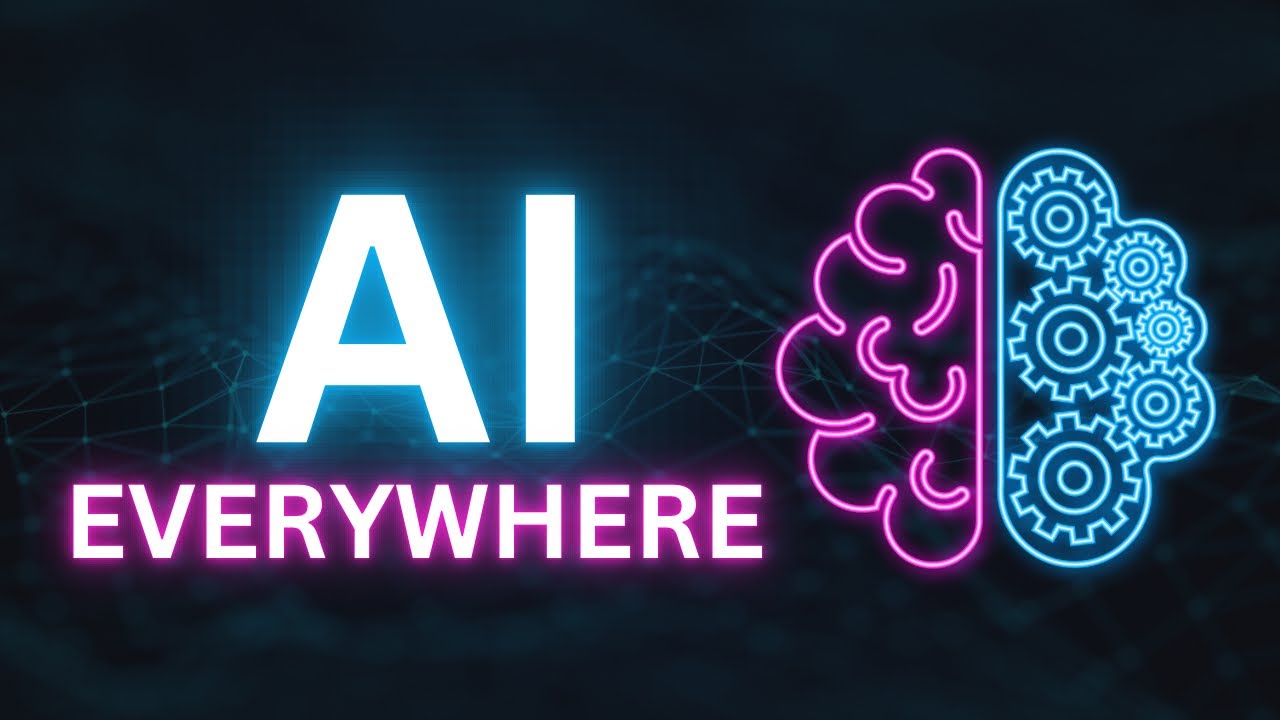AI Democratisation in 2025: How Artificial Intelligence Finally Became Everyone’s Tool
For years, Artificial Intelligence (AI) felt like an exclusive club — too expensive, too complex, and only accessible to big tech giants and expert coders.
In 2025, that has changed, AI democratisation, meaning anyone — from a rural farmer to a startup founder to a student in a small town — can now access, understand, and use AI to create, solve problems, and innovate.
This new era isn’t just about technology — it’s about levelling the playing field.
What is AI Democratisation?
At its core, AI democratisation is about removing the barriers — technical skills, high costs, limited access — that once kept AI out of reach. With today’s tools, you don’t need to be a programmer or own a supercomputer to work with AI.
Think of it as moving AI from the hands of a few experts into the hands of millions of everyday problem solvers.
5 Trends Driving AI Democratisation in 2025
-
No-Code & Low-Code AI Tools
-
Drag-and-drop AI builders like Peltarion, Lobe, and Akkio let anyone design AI apps visually, without programming.
-
Example: A teacher creates a personalised learning app for her students without a single line of code.
-
-
Open-Source AI Models
-
Platforms like Hugging Face share thousands of free AI models — from language translation to image recognition — that can be customised for local needs.
-
Example: Startups in Africa building AI that understands Swahili and Amharic.
-
-
Affordable Cloud AI Services
-
Services from AWS, Google Cloud, and DigitalOcean let you run AI for a few dollars, instead of owning costly hardware.
-
Example: A small marketing agency using AI-powered analytics for global campaigns.
-
-
AI Embedded in Everyday Apps
-
AI now lives inside the tools you already use — like Gmail suggesting replies, Canva designing layouts, or Excel predicting data trends.
-
Example: A local bakery uses built-in AI in Shopify to predict best-selling products.
-
-
Education & Ethical Push
-
More free courses, AI literacy programs, and bias-reduction initiatives make AI safer and more inclusive.
-
Example: NGOs training women entrepreneurs in rural India on ethical AI use.
-
Real-World Impact: Stories from the Ground
-
Small Business Boost:
A local coffee shop in Brazil uses AI customer insights to personalise offers, increasing revenue by 20%. -
Healthcare Access:
In remote Nepal, health workers use an AI-powered image analysis tool to detect early signs of disease without specialist doctors. -
Disaster Relief:
NGOs employ AI translation tools to deliver emergency alerts in multiple languages during floods in Southeast Asia. -
Agriculture Innovation:
Farmers in Kenya use AI climate prediction to decide the best planting times — reducing crop loss by 30%.
Why AI Democratisation Matters More Than Ever
-
Level Playing Field: SMEs can compete with corporations.
-
New Career Paths: AI ethics analysts, AI trainers, and “prompt engineers” are in demand.
-
Global Reach: Undeserved communities now have powerful tools to solve local problems.
Challenges We Can’t Ignore
-
Cost Inequality in Training Big Models: Smaller players still rely on large companies for the most advanced AI.
-
Ethical Risks: Bias, misuse, and misinformation are potential dangers without oversight.
-
Trust Gap: Communities need clear, transparent information on how AI works.
How YOU Can Join the AI Movement
-
Try no-code platforms like Google Teachable Machine or Lobe.
-
Explore open-source AI libraries on Hugging Face.
-
Take free AI courses on Coursera, edX, or YouTube.
-
Join discussions and projects on forums like Reddit r/MachineLearning or r/ArtificialIntelligence.
-
Always consider the ethical side — ask if your AI solution is fair, transparent, and inclusive.
The Bottom Line
In 2025, AI democratisation has truly made AI become a technology for everyone.
It’s no longer a closed-door lab secret — it’s a global toolkit for creativity, problem-solving, and progress.
The future belongs to those who learn, share, and use AI responsibly — and that future is being built by people just like you.
Also read:
